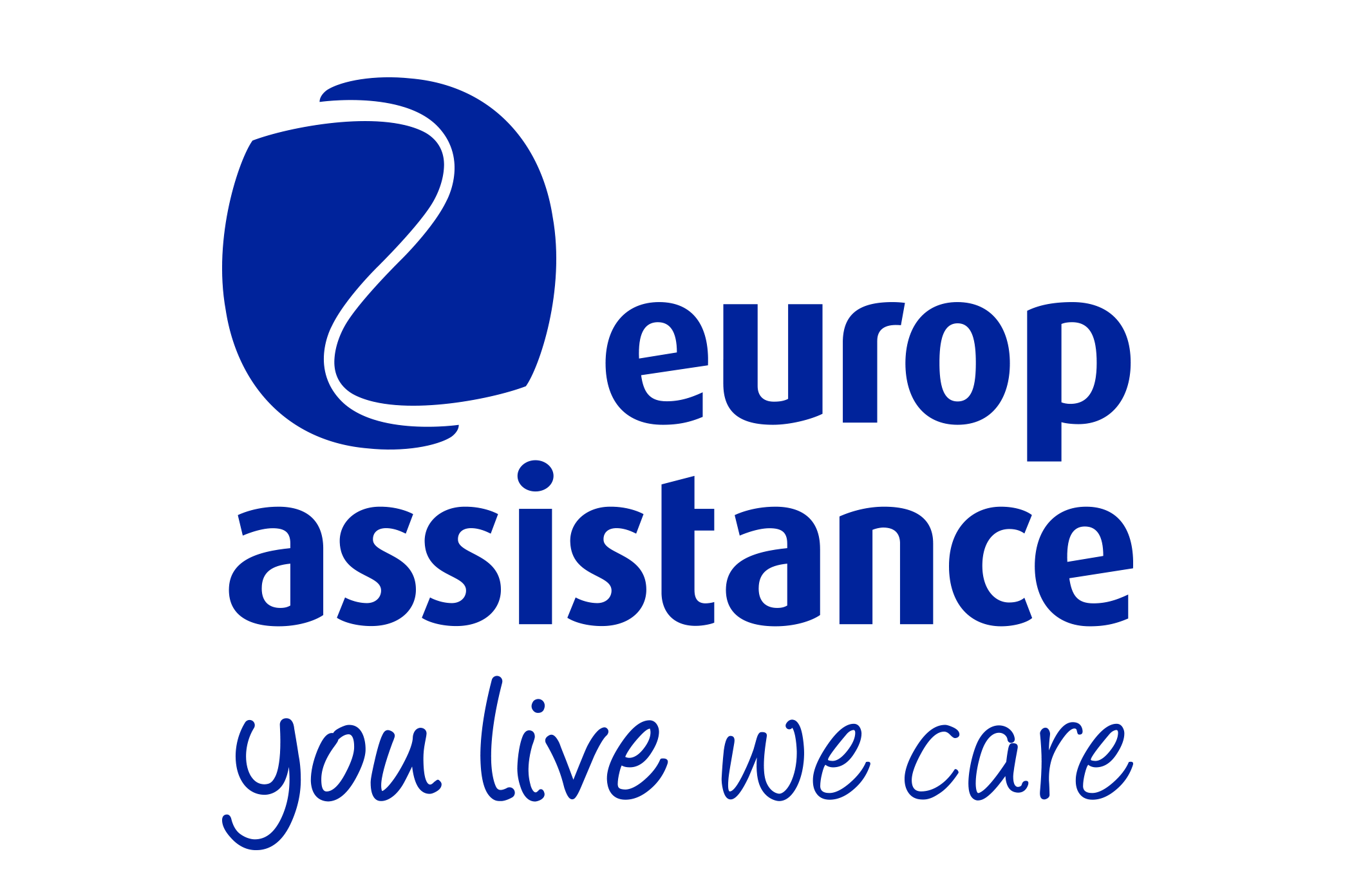When you’re planning a trip, it’s easy to get caught up in the excitement of choosing your destination, booking your accommodation, and planning your activities. However, it’s important not to overlook the importance of packing a travel medical kit. Whether you’re traveling domestically or internationally, having the right supplies on hand can help you manage minor injuries and illnesses and avoid having to cut your trip short. So to help you pack, here are some must-haves for your travel medical kit!
1/ Prescription Medications
If you take any prescription medications, it’s important to bring enough with you to last the duration of your trip. In addition, make sure you have copies of your prescriptions and a note from your doctor stating what medications you are taking and why. This can be helpful if you need to refill your prescriptions while traveling or if you need medical attention while abroad.
2/ Over-the-Counter Medications
In addition to prescription medications, it’s a good idea to bring a variety of over-the-counter medications. This can include pain relievers, antihistamines, anti-diarrheal medication, oral rehydration salts, motion sickness medication, and any other medications you regularly take. Make sure to check the regulations into the countries you will be visiting, as some may have strict rules regarding medication.

3/ First Aid Supplies
A well-stocked first-aid kit is essential for any travel medical kit. This can include bandages, gauze pads, adhesive tape, antiseptic wipes, tweezers, and scissors. You may also want to consider including a first-aid manual or app so that you can quickly and effectively treat any injuries or illnesses that may arise.
4/ Sunscreen & Insect Repellent
If you’re traveling to a sunny destination, make sure to bring sunscreen with a high SPF rating to protect your skin from harmful UV rays. In addition, insect repellent is essential for protecting yourself against mosquito-borne illnesses such as malaria and dengue fever. Look for repellents that contain DEET or other recommended ingredients for maximum effectiveness.
5/ Prescription Glasses or Contact Lenses
If you wear prescription glasses or contact lenses, make sure to bring a backup pair with you. It’s also a good idea to bring extra contact lenses and solution, as these can be difficult to find in some areas.

6/ Emergency Blanket
An emergency blanket is a lightweight, compact blanket that can be useful in a variety of emergency situations. It can help keep you warm if you become stranded or if you need to spend a night outdoors.
7/ Water Purification Tablets or Filter
If you are traveling to an area with limited access to clean water, water purification tablets or a portable water filter can be extremely useful. These can help you avoid water-borne illnesses and ensure that you have access to clean drinking water throughout your trip.
8/ Hand Sanitizer & Protective Masks
Keeping your hands clean is one of the best ways to avoid getting sick while traveling. Pack a small bottle of hand sanitizer to use when hand-washing facilities are not available. And add a few protective masks as well.

9/ Digital Thermometer
A digital thermometer is a useful tool for monitoring your temperature if you suspect you may have a fever. This can be helpful for identifying illnesses such as influenza or malaria, which can be more serious if left untreated.
10/ Contact Information
Make sure you have contact information for your travel companions, for your doctor, for the emergency services in the location you will visit, along with your travel insurance provider. This can be helpful if you need to seek medical attention while abroad or if you experience a medical emergency.
Remember that this list is not exhaustive, and you should always consider your individual needs when packing your travel medical kit. If you have any specific medical conditions, make sure to pack any supplies or medications you may need to manage them while traveling. Remember to also check the regulations for bringing medications into the countries you will be visiting and to consult with your doctor before traveling to ensure you are in good health.
For any further medical advice, get in touch with one of our professional doctors.

